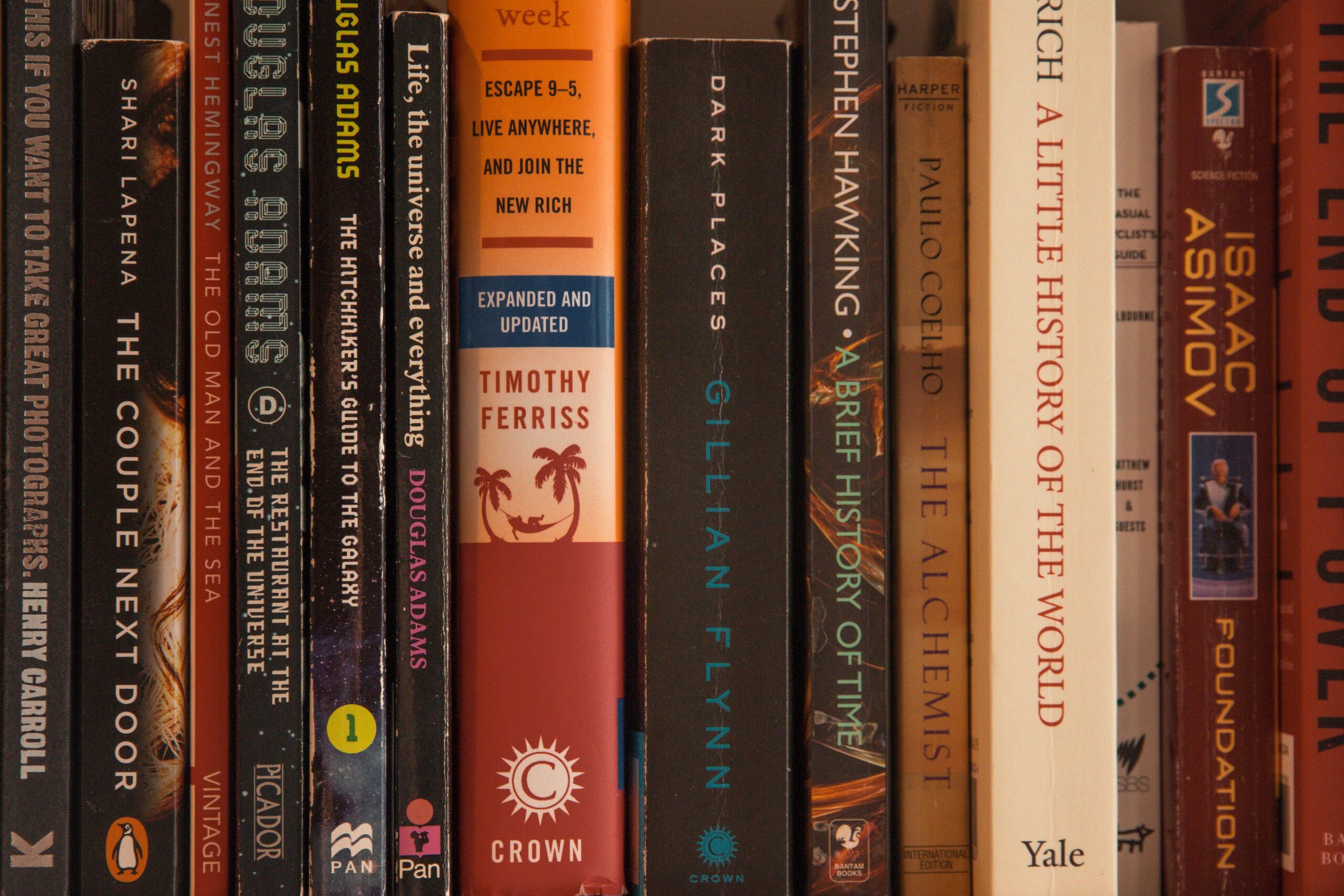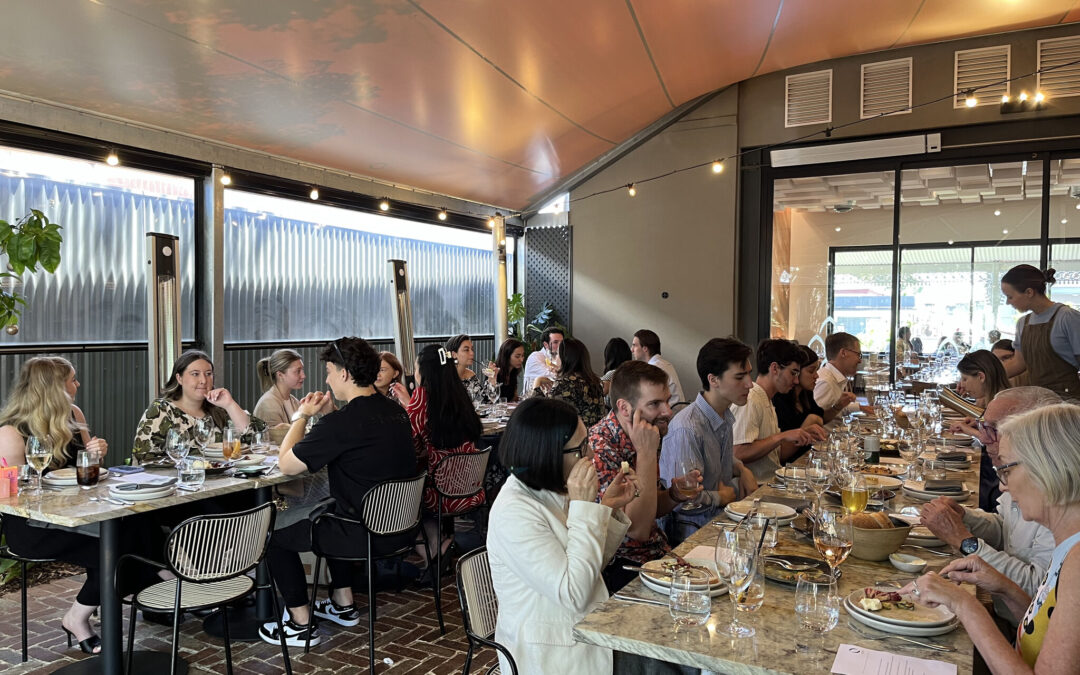I was talking to a colleague the other day who told me she had been selected to contribute a chapter to a book to be published by an international professional association. She was delighted. I asked her what was she going to be paid – how were the royalties going to be split with the authors all contributing different chapters? I was interested in how this is actually done.
She looked at me somewhat inquisitively and said, “We don’t get paid”. I asked why not, and she looked a little frustrated, as if having to explain how the world worked to a young boy. “Do you realise who this organisation is – and who else is contributing to this book? The contributors include some of the best brains in the world on this topic. I can’t believe they have asked me to be part of it. It will be amazing for my profile.”
I asked her how much they would be charging for the book, as it sounded like it would contain some great information and insights. She said the last edition had sold for in excess of $700 per copy.
When the internet started to gain mainstream cred (my estimate being sometime in the early-to-mid 2000s, when my mother-in-law went online), the publishing community was horrified. Another attack on their ability to control and exploit the efforts of ‘creatives’. All signs were that the power of the ‘creative individual’ had finally found a direct channel to market. Corporations were washed away by community contributions, Britannica and Encarta fell to Wikipedia. The Trading Post and mainstream classifieds fell to eBay. Record labels were in a huddle with their lobbyists. The middleman was under real threat.
It was similar to the horror expressed by governments, regulators and tax offices – the internet made people untraceable, and transactions invisible.
Wow, how wrong can you be.
In many ways the internet has made the exploiters of talent stronger (and our governments all seeing and all powerful). It has voluntarily swept away privacy rights (unless you are trying to deal with a government or corporation about your own affairs, in which case privacy laws are alive and well…).
But in my view, the most insidious thing the internet has achieved – both online and in the real world – has been to completely strip away any value to creative thought.
Publishers of recognised ‘content brands’ (e.g. trade organisations, TED, YouTube, Facebook, etc) now have almost complete control over the exploitation of content – and they now pay in the currency of ‘exposure’, not cash. The economics go like this: everyone can immediately connect with everyone, and therefore it is almost impossible to discern who is who. Accordingly, we must go to intermediaries to get an insight into quality differentiation. But there are also an unlimited number of ‘intermediaries’, because it costs almost nothing to become one. So we turn to trusted intermediaries and trusted brands to provide us with real guidance. They will do this – but rather than charging you a fee to provide you with good content – they charge 100% of the value of the content creator.
As the ‘winner-takes-all economies’ of the internet works its magic the few major brands get really strong (à la, Facebook, Google, Apple, Yahoo, etc) — they start selling the viewer’s identity to the vendors of other goods and services. So they are taking it on both sides.
At some stage people are going to say enough is enough, and the power will swing back to content. We have seen this in old media, where the balance between ‘distribution’ and ‘content’ has been fought over decades. But right now, the intermediaries (i.e. the holders of mainstream distribution outlets) are in the ascendance once more – and us poor ‘content creators’ have to settle for a bit of ‘exposure’, and try and make our money elsewhere.
The information contained in this post is current at the date of editing – 21 April 2023.






